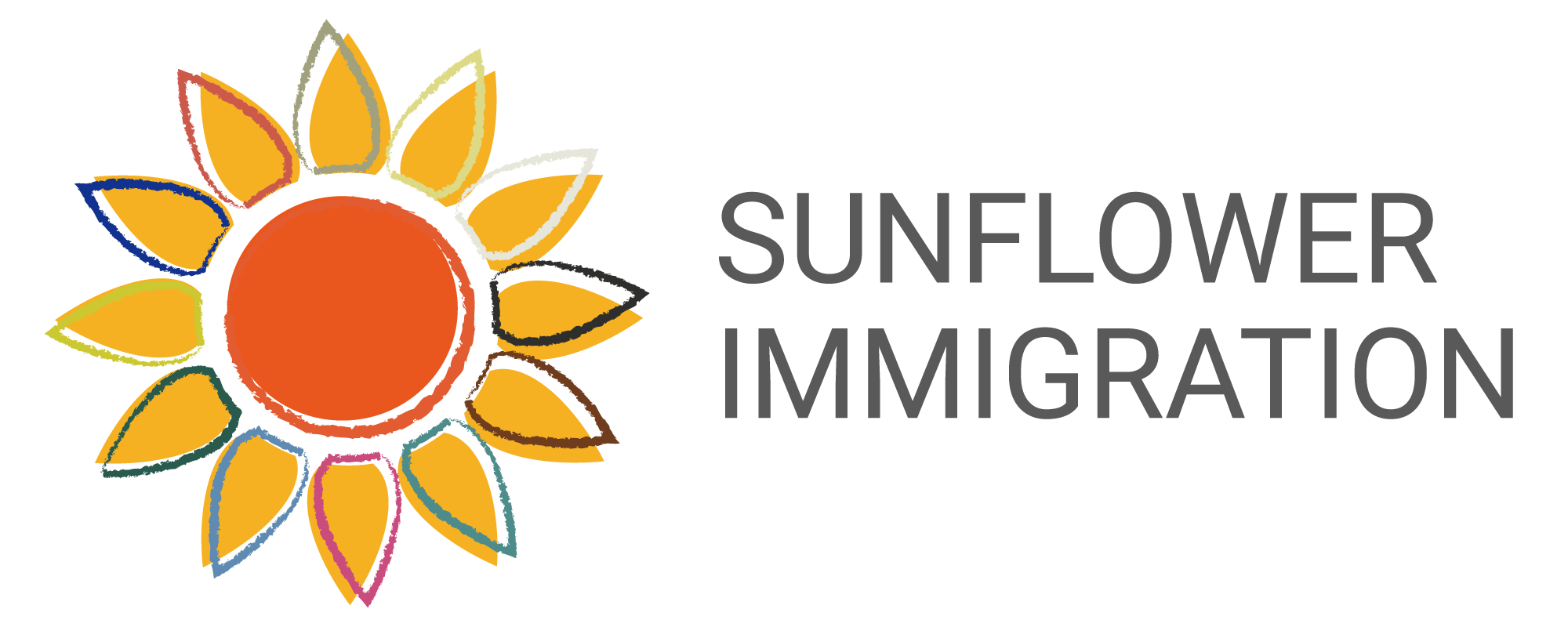
Study Permit
There are two streams of study permit applications, the regular stream and the Student Direct Stream (SDS). The following chart outlines the requirements of each.
| Requirements | Regular Stream | Student Direct Stream |
| Residency requirements | Can be resident of any country |
Must be a legal resident living in one of the following countries: China, India, Morocco, Pakistan, the Philippines, Senegal, Vietnam |
| Acceptance letter | Acceptance letter from a designated learning institution (DLI) | Acceptance letter from a post-secondary designated learning institution (DLI) |
| Financial requirements |
Prove you have enough money to pay for your: tuition fees, living expenses for yourself and any family members who come with you to Canada, and return transportation for yourself and any family member who come with you to Canada |
Proof you have paid your tuition for your first year of study, and have a Guaranteed Investment Certificate (GIC) of CAN $10,000. |
| Where to apply | No specific requirements | Must live outside of Canada when you apply |
| Transcript | No specific requirements | Have your most recent secondary or post-secondary school transcript(s) |
| Language test | No specific requirements | Have a language test result that shows a score of 6.0 or higher in each skill (reading, writing, speaking and listening) on the IELTS test |
| Medical exams and police certificates | May need one |
Must include if you need them. Who needs a medical exam: you lived or travelled in certain countries or territories for 6 months or more in the year before coming to Canada, or you plan on studying or working in the health field, primary or secondary education, or child or elder care. Who needs a police certificate: your visa office-specific instructions will indicate if you need a police certificate, based on your country of residence. |
| Processing time | Varies by country | Usually 20 calender days |
Study Permit Extension
The expiry date on your study permit tells you when to stop studying and leave Canada. Usually, the date is the length of your study program plus 90 days, to allow enough time for you to prepare to leave Canada or to extend your stay in Canada.
| When to apply |
Should apply for study permit extension at least 30 days before it expires. If you will finish your studies earlier than you expected: your study permit expires on the date marked on the permit OR 90 days after the day you complete your studies, whichever comes first. If you will finish your studies later than you expected: you must extend your study permit at least 30 days before the original expiry date. If your permit has expired: in some cases, you may apply to restore your status as a student by submitting your application within 90 days of losing your status, keep meeting the requirements for your stay, have met all the conditions listed on your permit, and pay your fees for restoration and study permit. |
| Processing time | Around 68 days |
| What happens if you travel outside of Canada |
A study permit is not a travel document. Therefore, along with the permit, you will need either a visitor (temporary resident) visa or an electronic travel authorization (eTA) to travel back to Canada. If you travel outside Canada on implied status, you may be allowed to re-enter Canada as a temporary resident, pending a decision on the renewal of your application to study, provided you have the right travel documents to return to Canada. However, you may not resume study in Canada until your application for renewal has been granted. |
Study without a study permit
Most foreign nationals need a study permit to study in Canada, with the exceptions of the cases below.
| Short-term studies* |
Study programs that are 6 months or less *Due to COVID-19, if you want to study in Canada for 6 months or less, you are now required to get a study permit and attend a DLI with a COVID-19 readiness plan approved y its province or territory |
| Family or staff of foreign representatives | Family of staff member of a foreign representative to Canada that has been accredited by Global Affairs Canada |
| Members of foreign armed forces | Foreign armed force on official duties in Canada |
| Registered Indians in Canada | Have Registered Indian status in Canada even if you’re a citizen or another country |
| Minor children in Canada | they’re in kindergarten, they’re refugees or refugee claimants, their parents are refugees or refugee claimants or, they’re in pre-school, primary or secondary school, and they’re already in Canada with a parent who has a work or study permit |
